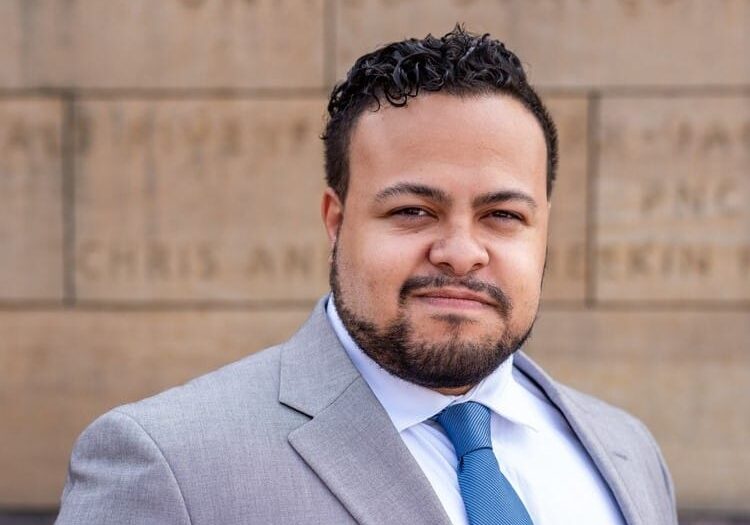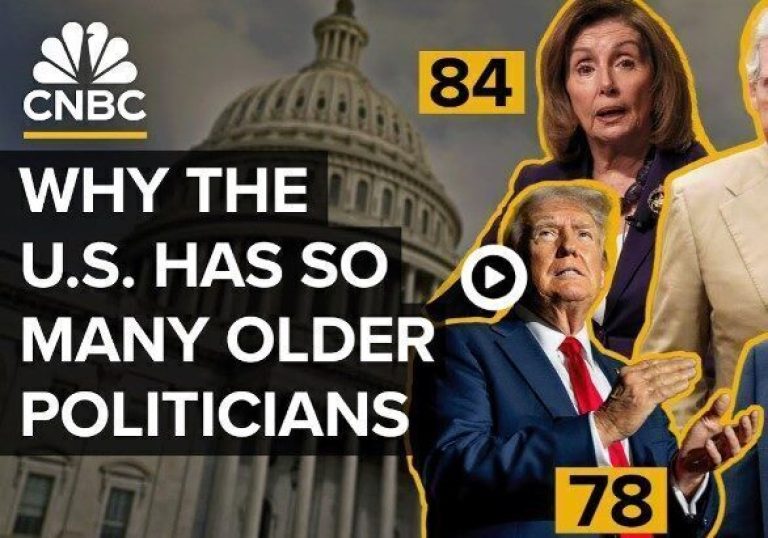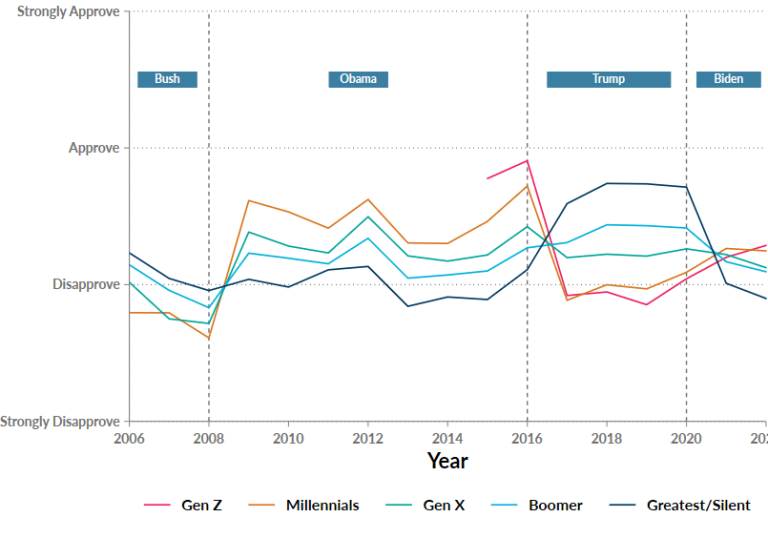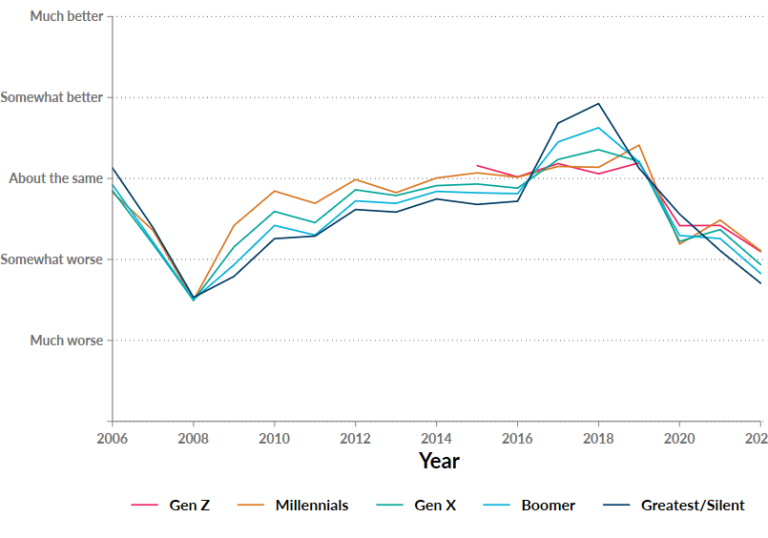2024 Election Vibe Check: Interviews with the Next Generation of Leaders in American Politics
To better explore the state of youth voices in American politics as we enter the 2024 Election Year, BIFYA is publishing a series of interviews with members of GenZ who are running for office across the country. In an era where the political sphere is undergoing transformative changes, we hope this series of interviews will bring to the forefront a diverse array of young political candidates and highlight their motivations, aspirations, and unique perspectives.
The views and opinions expressed in the following interviews are solely those of the individual political candidates and do not necessarily reflect the views of the Berkeley Institute for Young Americans or UC Berkeley. We aim to provide a platform for diverse perspectives. Any opinions, claims, or statements made by the candidates are their own, and we encourage readers to critically evaluate the content while respecting the principles of open dialogue and democratic discourse.

Nathaniel Hawkins and his family relocated to Cleves, Ohio when he was eleven. He attended Taylor High School in the Three Rivers Local School District where he was honored to be the first person of color, in over 100 years of school history, to serve as Taylor High School’s Student Body President. After studying International Business at Ohio University for a year, he transferred to the University of Cincinnati to be able to be closer to help care for his recently paralyzed brother. As the son of a United States Marine and a 25-year veteran of the Cincinnati Fire Department, Nathaniel has always felt a strong sense of duty and responsibility for the well-being of his country.
BIFYA: You’re running for Congress in Ohio in the eighth District. What made you decide to run?
Nathaniel Hawkins: Honestly, there were a lot of things that factored into it. To do something as crazy as run for Congress at 25 years old, you have to have a lot of reasons to do it. My first and biggest reason has to be my son. Ever since he was born, I haven’t been able to sleep at night. I’m so worried about the world and the country that he’s growing up in. The world that I was born into, all I’ve known since I was born is terrorist attacks, financial recessions, school shootings, pandemics, housing market crisis. It never really ends. From my own experiences, it feels like our generation hasn’t gotten a chance.
Our country is supposed to function with different ideas coming together to find the best solutions for people. But it’s like nobody wants to have a conversation anymore and nobody is putting differences aside for the common good of Americans. Because our issues aren’t divided into red issues and blue issues; they’re issues that we all deal with. They’re American issues. I hate being confronted with this reality that we’re living in, like a 25-year-old man should be able to try and buy a home, start a family, start his career, and do these things pretty straightforwardly and semi-successfully if he’s trying hard enough. But it seems like we are all not doing okay. We are all scraping pennies to get by.
BIFYA: What are some key policy issues you want to address if elected?
Nathaniel Hawkins: So one thing that cuts across demographics, no matter if you’re talking to Democrats or Republicans, black people, white people, Mexicans, Asians, is gun control measures. Right now, in the state of Ohio, we have none, no license requirements, no permits, no training, no wait periods, no red flag laws, nothing. That feels like a failure of leadership, and it feels like a failure to the people who our government is sworn to protect. We are sworn to protect our citizens, and granted, I believe very strongly in the Second Amendment, but that law was written 200 plus years ago and it needs to be updated. It’s crazy that constitutionalists think that they should strictly adhere to the interpretation of the Constitution, but so many times it’s been amended. It’s been amended to give black people their freedom. It’s been amended to extend the vote to women. Why can’t we amend the Constitution to save kids’ lives?
On another note, being raised in a single parent household with sisters, reproductive rights is quintessential to my upbringing. It just made common sense that, as a man, I should never have a say over a woman’s body, let alone any other person’s body that isn’t my own. So it doesn’t make sense to me why these out-of-touch older, mostly white politicians are trying to dictate bodies that aren’t theirs. Overturning Roe was an earthquake in the sense that, not only did it affect every woman in my life, but it also affected me, it affected my life. This is about women, but it also affects the whole family. This affects every American.
BIFYA: You’re a recent father, which is exciting. An issue we hear coming up is the issue of childcare, and the lack of government funding. What are your thoughts on this issue, what policies do you envision implementing to support families?
Nathaniel Hawkins: So it is a huge problem. We’re very lucky in the sense that my fiancee, she has a work from home job and she also happens to be a super mommy, and I could not do any of this without her. Not everybody has that. I have such a problem when we’re spending so much in excess in other areas. And don’t get me wrong, our military and our national defense is very important, but our Department of Defense just failed their audit for the sixth time, and they can’t even tell us where their money is going. And somehow we can’t find money for child care or for people to help afford formula when there is a shortage. There’s all sorts of issues with child care in this country. Employers also need to be doing more. Employers don’t really take into account the at-home life. They take into account your time when you’re with your employer, and then, when you’re not in the building, you’re not on their mind, but the whole dynamic should be taken into account because that’s life. You might like to think work and life are separate, but it’s not the case.
BIFYA: Currently, Ohio’s Eighth District is represented by Mr. Warren Davidson. Are there specific issues where you see a generational divide, and how do you plan to bridge that gap to effectively represent the interests of a diverse constituency?
Nathaniel Hawkins: So Warren Davidson, he has voted against the interests of his constituents. And even his own bills that he puts forward, zero out of 22 bills in the last session have made it to the floor. He’s not helping anybody. And he’s getting paid so much money to sit there in Washington and do nothing and basically score political points. He’s in the Congress voting against giving women their reproductive rights. He voted against the Forced Labor Prevention Act, the Infrastructure Investment and Jobs Act, and even the Inflation Reduction Act. Who votes against inflation reduction? Like I just said, we’re all scraping pennies together here. And when we are over here in Ohio scraping pennies, and he’s voting against stuff that would help us, it drives us all nuts. And that’s why I’m doing this, it’s because conservatives and Democrats alike see that this is wrong, that we are being represented in a way that does not constitute what we do as Ohioans..
BIFYA: Is there one moment on the campaign trail that you would like to mention?
Nathaniel Hawkins: So I’ve spent a lot of time on the trails. I’ve spent a decent amount of time here around Cincinnati on the West side because I would be representing half of Hamilton County, the most rural parts of Hamilton County. Along with Butler County, too. The Republicans up there, I thought that there was going to be a lot more hatred and there wasn’t. People are open to listening to new ideas because they’ve seen how chaotic the last eight years have been. And they want a return to normalcy. And if you’re looking at it through a Republican lens, they keep losing elections. And if they keep doing the stuff that they’re doing, they’re going to keep losing elections. And they want people who are going to reach across the aisle, have these conversations, and find the compromise. So when they hear that a Democratic candidate who’s younger and who wants to have these tough conversations, even if they aren’t the most pleasant, they’re intrigued.
Nine times out of ten most of us want the same things for ourselves. We want the same things for our families. And we have got to find common ground because there’s more common ground than there’s not. And I just like to tell people, don’t count Ohio out. If there’s anything that these last elections showed us, don’t count us out because we’re going to keep fighting for our rights and we’re going to keep fighting for Ohioans.










